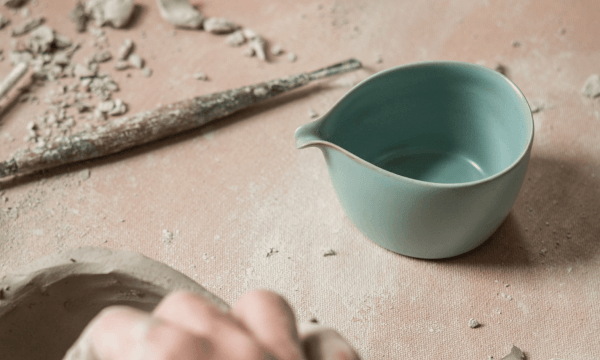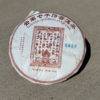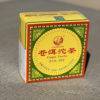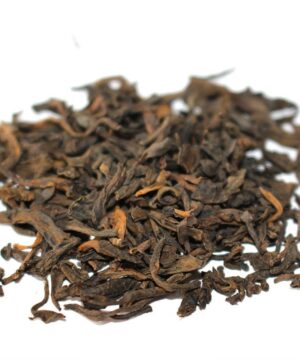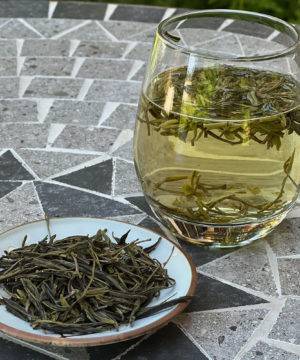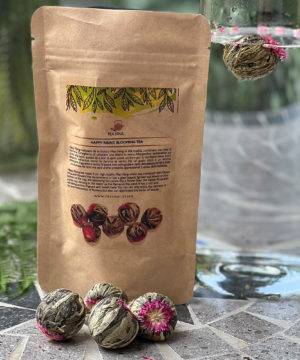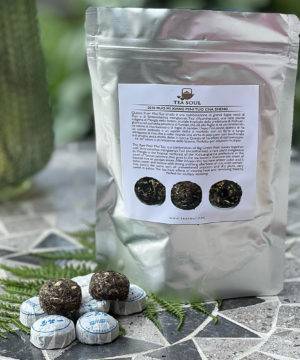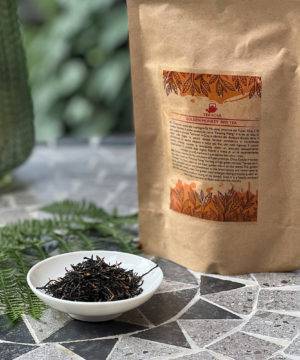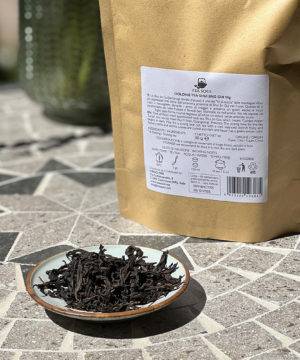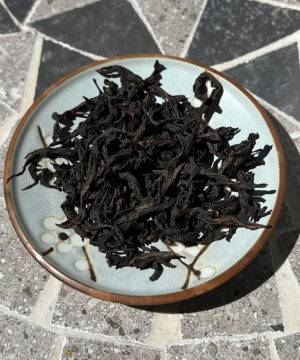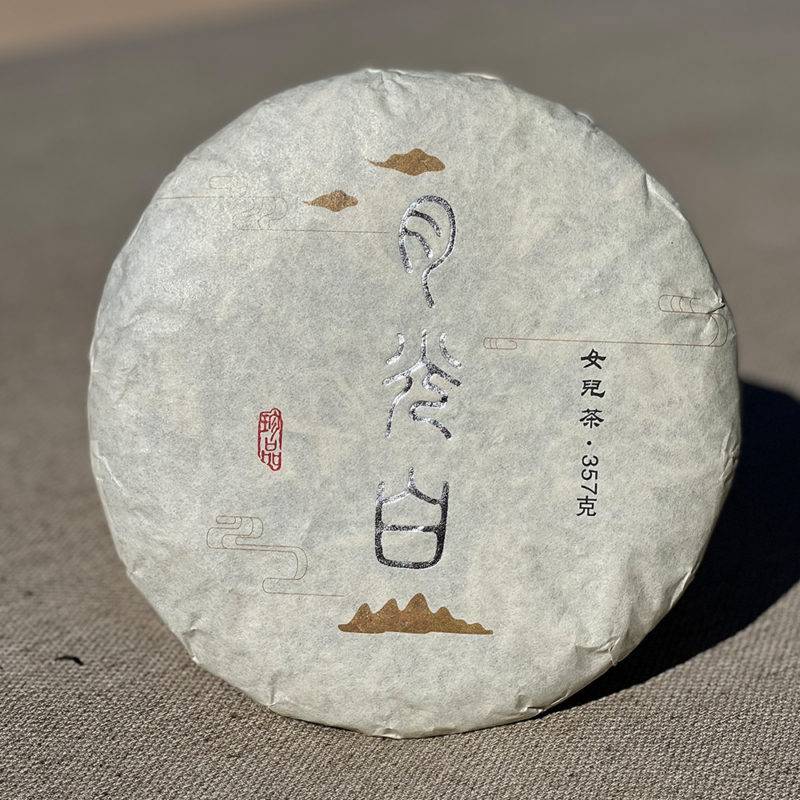

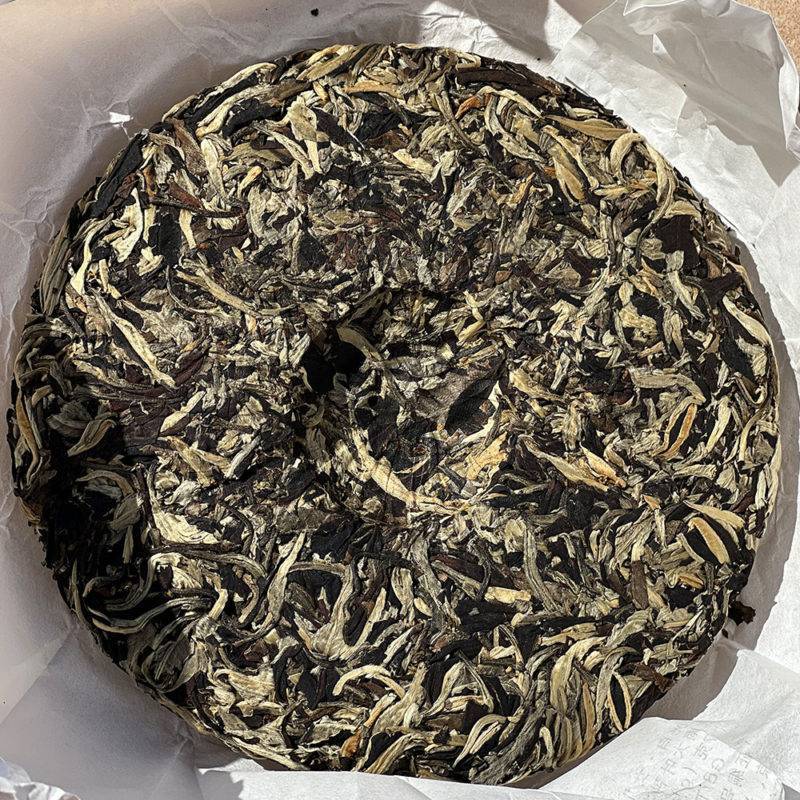

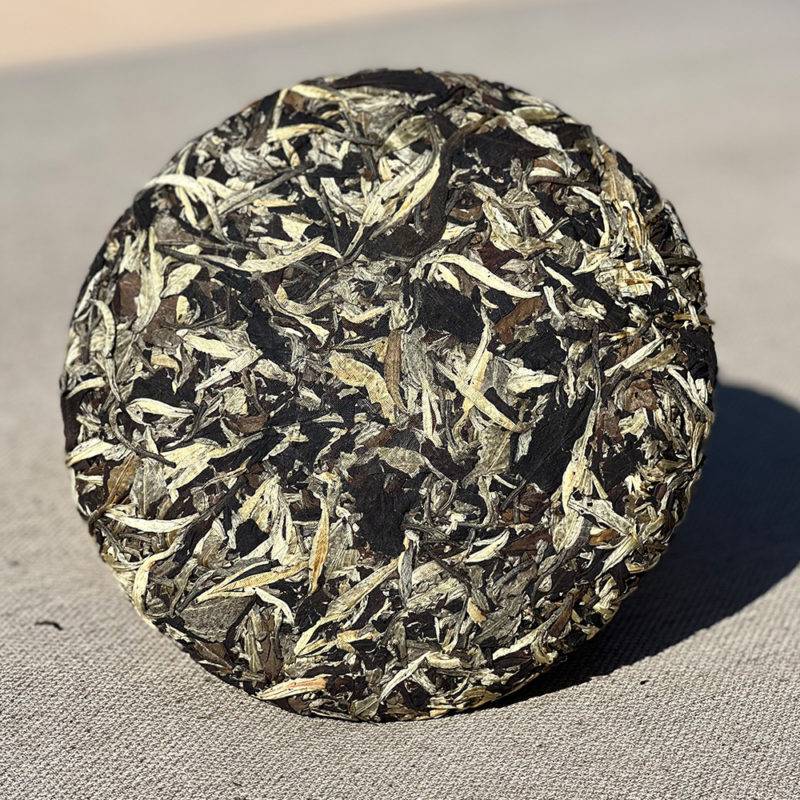

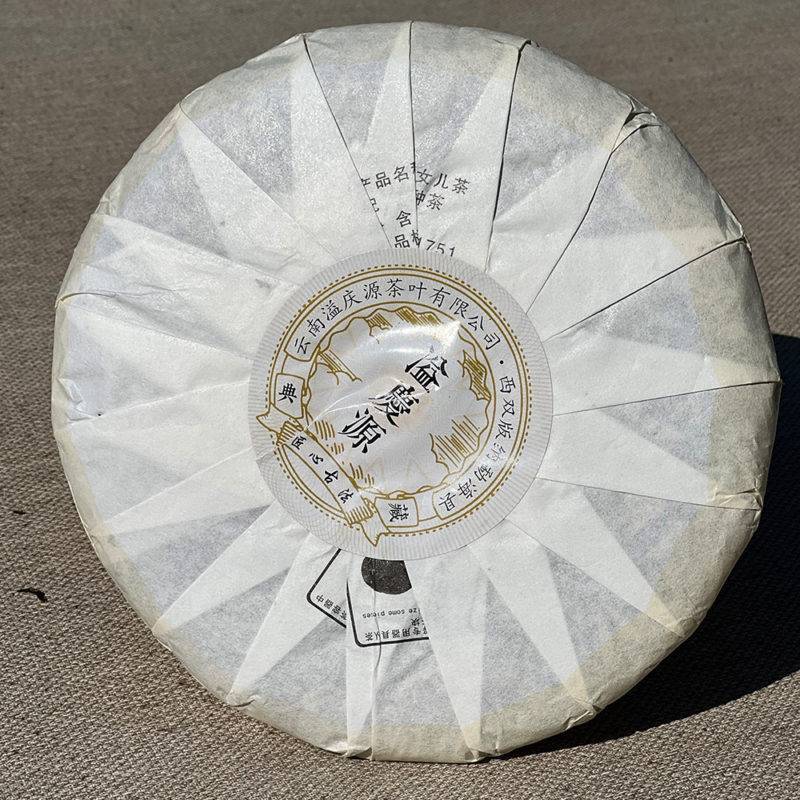

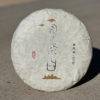

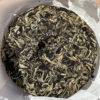

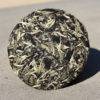

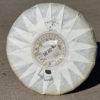

Moonlight White Tea Cake 357gr
43.51€ Taxes included
Moonlight white tea is harvested in the mountainous area around the city of Menghai in southern Yunnan. Traditionally, this tea is considered a “tea for women”: its leaves have delicate and floral aromas, with strong sweet notes of honey and a light and silky body.
Out of stock
Notify me when it becomes available again
This site is protected by reCAPTCHA and the Google
Privacy Policy and
Terms of Service apply.
SKU: B1120571
Categories: Tea, White tea, TrovaPrezzi
DON'T MISS DISCOUNTS AND NEWS!
Subscribe to our WhatsApp channel and receive all updates quickly and conveniently!
Subscribe to our WhatsApp channel and receive all updates quickly and conveniently!
Moonlight white tea cake is made from tea leaves harvested in the mountainous area around Menghai City, south of Yunnan. Traditionally, given the delicacy of its flavor, this tea is considered a “tea for women”. It has a fragrant and sugary taste reminiscent of honey and a golden color in the cup: a gentle tea for romantic souls.
Tasting – Sight and smell
This Moonlight white tea cake has pressed leaves of various shades, from intense brown to both light and dark green, and is rich in silver buds, covered with a soft white hair. The moist leaves have floral and sweet notes of honey, with a very slight herbaceous scent. The liquor in the cup is golden, bright and bright: the light body, free of astringency, slides down the throat like silk, leaving a pleasant sugary sensation at the bottom of the throat.
Tasting Notes
GONG FU CHA
The first infusion of Moonlight white tea is delicate and has sweet and floral scents: we find notes of acacia honey and wild flowers. With the second infusion, the floral notes become more intense, reminiscent of chamomile. The note of honey remains present and there is also a slight hint of hay. With the third infusion appear fruity notes of apricot, while the notes of honey evolve into hints of beeswax and vanilla.
WESTERN
The first sip of Moonlight white tea is denoted by an incredible sweetness, with notes of acacia honey and linden honey. Then more floral notes follow, reminiscent of wild flowers and finally fruity notes of apricot compote and ripe yellow fruit There is a light note, barely perceptible, of hay but the finish returns sweet and sugary, with a long persistence of honey.
Place of origin
Menghai, Yunnan, China
How to prepare
We strongly recommend infusing Moonlight white tea in the traditional Chinese method (Gong Fu Cha) with a gaiwan with a capacity of about 150 ml. By following this preparation, multiple infusions can be made with 5 grams of leaves that are useful to best capture all the flavor nuances of the tea.
Heat the water to a temperature of 85°C: proceed to briefly rinse the leaves and then to an initial 30-second infusion. Keeping the water at the same temperature, you can then continue to exploit the same leaves by adding more water and increasing the infusion time by 10 seconds each time (30-40-50…).
This tea has a longevity of about 8 infusions.
For a more classic preparation according to the Western style, we recommend 3 grams of leaves in a 200-mL cup with water at 85°C for an infusion time of 3-4 minutes.
For a better tasting experience, we suggest that you strain the tea as soon as the brewing time is over. The infusion timings we suggest can be slightly modified to your liking to achieve a more or less intense taste.
Store in a cool, dry place away from direct sunlight.
| Temperature | 85°C |
|---|---|
| Preparation - GAIWAN | 5gr x 150ml / 30-40-50… sec / 8 brewings |
| Preparation - CUP | 3gr x 200ml / 3-4 min / 2-3 infusions |
| Season |
Still no Reviews for this Product
Related products
Tea Ouer Shu
6.90€ Taxes included
Earn up to 25 points.
This product has multiple variants. The options may be chosen on the product page
TrovaPrezzi
10.40€ Taxes included
Earn up to 69 points.
This product has multiple variants. The options may be chosen on the product page
Blooming tea
9.20€ Taxes included
Earn up to 81 points.
This product has multiple variants. The options may be chosen on the product page
8.00€ Taxes included
Earn up to 30 points.
This product has multiple variants. The options may be chosen on the product page
8.00€ Taxes included
Earn up to 30 points.
This product has multiple variants. The options may be chosen on the product page
33.70€ Taxes included
Earn up to 60 points.
This product has multiple variants. The options may be chosen on the product page
13.90€ Taxes included
Earn up to 28 points.
This product has multiple variants. The options may be chosen on the product page
8.00€ Taxes included
Earn up to 30 points.
This product has multiple variants. The options may be chosen on the product page





